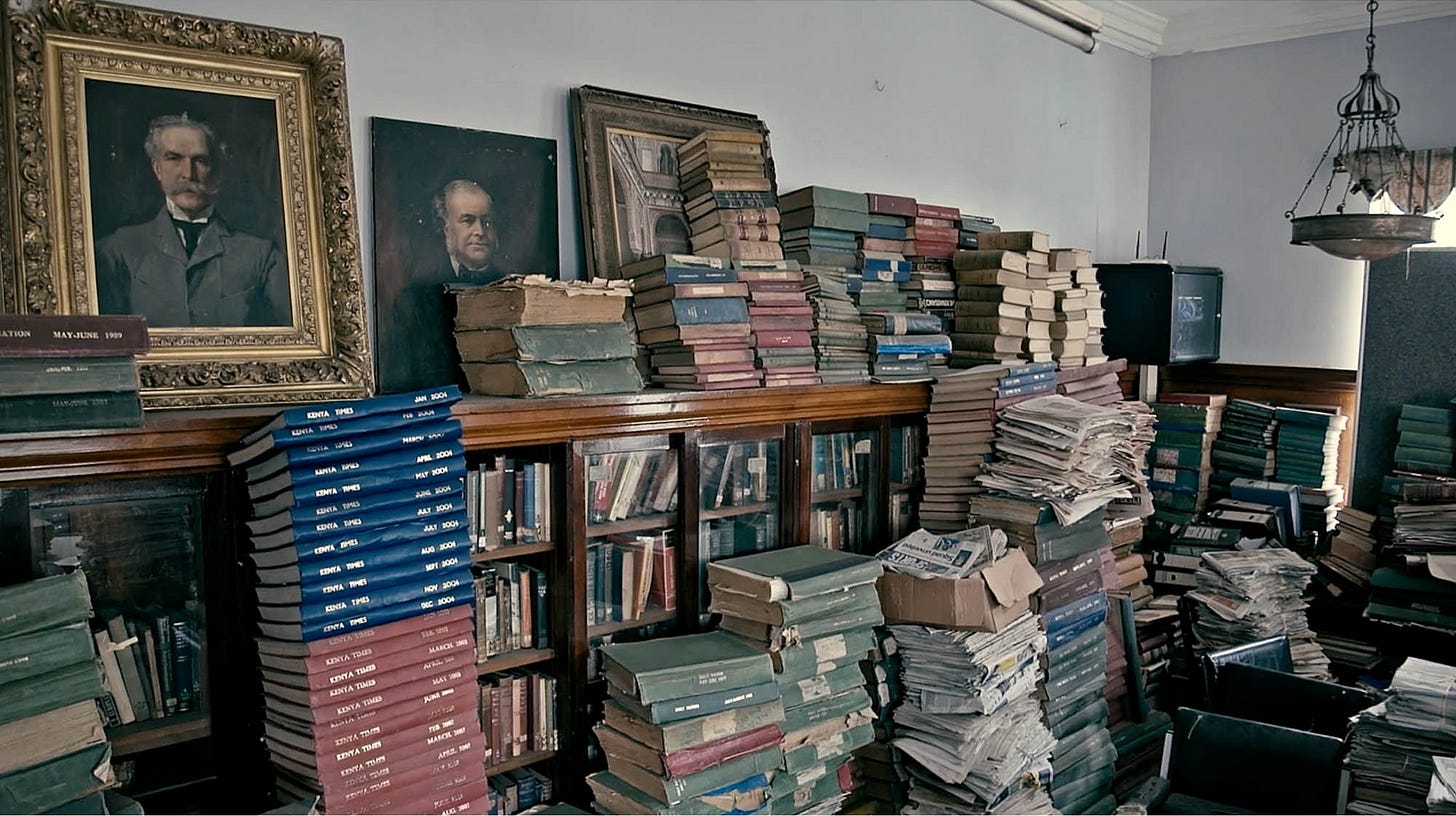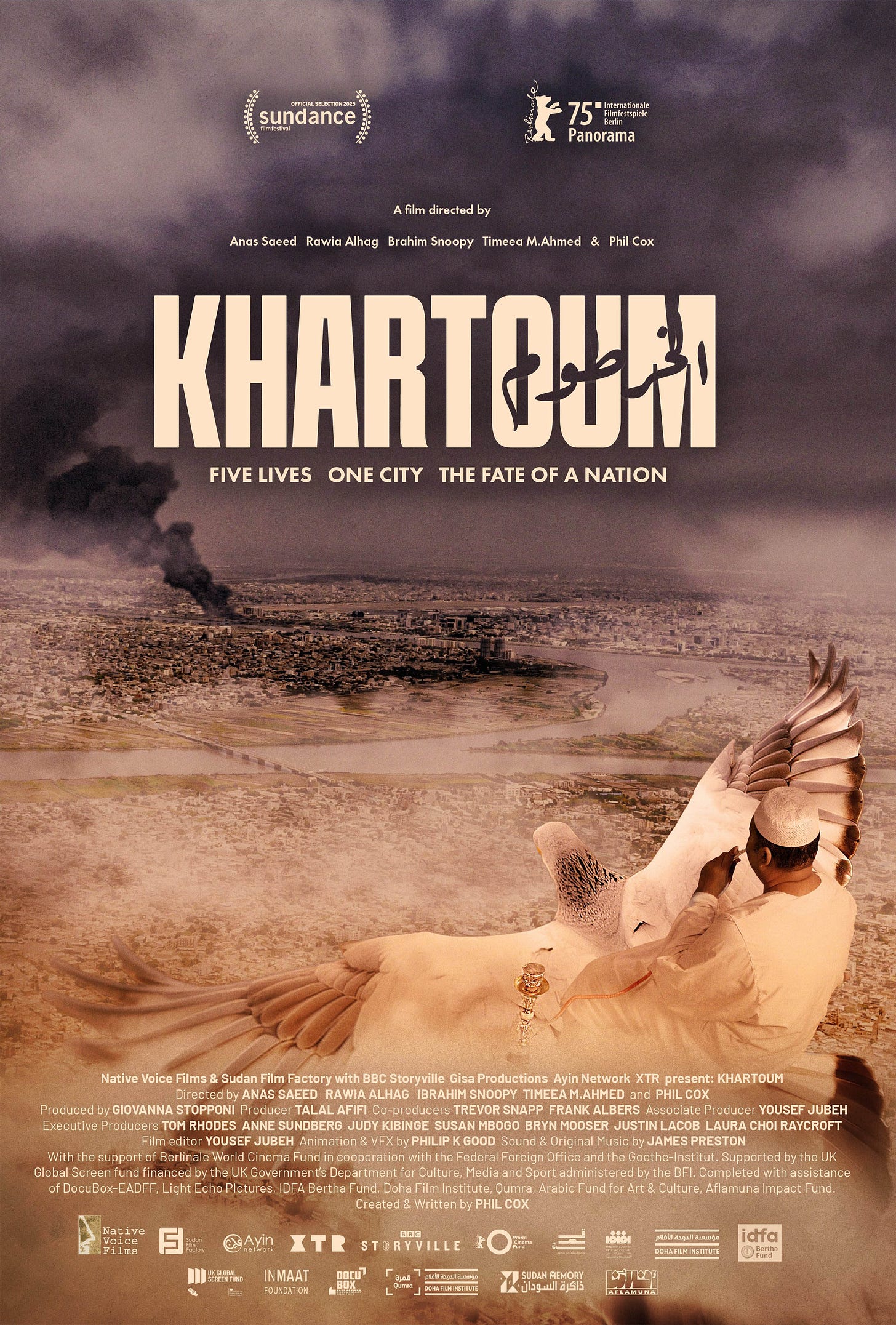Review: Africa at Sundance: libraries, war, and road trips
Of the 94 feature films at the festival, only three were African – and yet, vital voices still emerged.
Wilfred Okiche
Coming right after the Los Angeles fires rattled the film community, the vibe at this year’s Sundance Film Festival at the weekend was understandably muted. With features from Kenya, Sudan, and Tunisia, Africa had a charming, if sparse, showing.
Wife-and-husband duo Maia Lekow and Christopher King, whose 2019 feature was Kenya’s submission to the Oscars’ International Features category that year, was the best-established African team at the festival. But this was actually their Sundance debut, bringing the documentary How to Build a Library.

A sense of community, of family – biological or chosen, ran through all three African features.
A celebration of community action and activism, How to Build a Library documents two intrepid women, Shiro Koinange and Angela Wachuka, transforming a colonial-era building – which was “whites only” until 1958 – into a thriving cultural and educational hub.
Documentary filmmakers often talk about collaborating with participants but rarely do these collaborations appear as pure as in Khartoum, a story of war and displacement. It’s made by a quartet of filmmakers working with British director Phil Cox: Anas Saeed, Rawia Alhag, Ibrahim Snoopy, and Timeea Ahmed. Each helms one of the feature’s four segments.
The Tunisian writer-director Amel Guellaty makes a similar point with her playful yet confident first feature, Where the Wind Comes From. The two-hander follows two young friends who go on a road trip to the south of Tunisia, planning on entering an art contest that will hopefully help them migrate to Europe.

In this charming, coming-of-age story Guellaty captures the beauty, vitality, and freewheeling energy of youth. The film also comments on some of Tunisia’s pressing concerns – economic insecurity, migration, and gender dynamics – without being didactic. “I want people to discover my culture, the youth of my country, the beauty, but also the reality,” Guellaty told The Continent.





